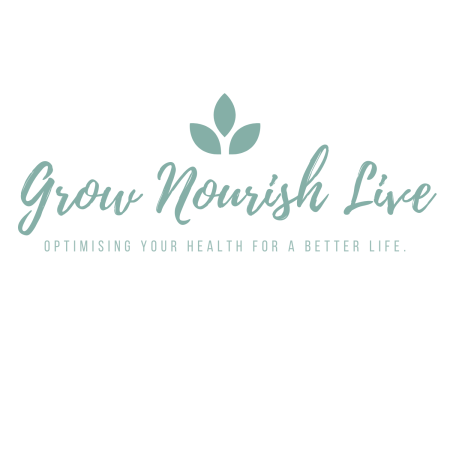It is unfortunate that the vast majority of people still think that the best way to lose weight is to eat less and exercise more – i.e. creating a calorie deficit so that you expend more calories than you take in.
While this does work in the short term, the health and diversity of microbiome plays a significant role in whether you will manage to keep off the weight or whether you will put it all back on.
It always makes me sad when clients come to me who feel like they have tried every diet/weight loss program only to find that while they initially lost weight, they cannot keep it off, and often they gain additional pounds.
This strategy for weight loss is based on the wrong calories in vs calories out belief.
But in recent years studies have shown that the microbiome has a significant impact on how we process the macronutrients we consume. Overweight and lean individuals were compared, to show that stored body fat does not actually translate to extra usable energy (i.e. think energy that you have without eating.)
Studies have highlighted that overweight individuals had trouble accessing their stored body fat and converting this into energy, and this problem really lies in the microbiome. This is because their physiological pathways that convert the fat into energy are compromised.
The study also found a clear difference between the microbiome of an obese versus a lean individual.
Fun fact: in pregnancy, the woman’s microbiome during pregnancy changes to that of an obese individual, so that the woman stores more body weight that can then be used for breastfeeding.
Once breastfeeding starts, the hormones like prolactin are released that then change the microbiome in such a way that uses energy more efficiently and burns body fat more efficiently in order to produce energy to produce milk for their child.
Bottom line: calories in vs calories out is outdated and doesn’t work long term!! BECAUSE our microbiome has a HUGE IMPACT on how we USE the food that we eat to make energy (ATP).
Different factors affect the microbiome and impact energy production and fat storage, the most important being the variety of healthy bacterial species.
So on that note, here are some things you can do to boost the diversity and health of your gut microbiome:
- Eat a diverse variety of veggies, not always the same 5. Experiment!
- Eat prebiotics foods e.g. onions, garlic, leek, artichoke, inulin, butyrate.
- Makes sure your north to south of the digestive system is healthy (check out my IGTV on this entitled Gut Health – What People Are Not Talking About).
- Exercise – not to lose weight but to increase your microbiome diversity.
- Eat fermented veggies daily.
- Stabilize your blood sugar.
- Cut out sugar – it feeds the bad bacteria.
- Cut out alcohol.
- Cut down on caffeine.
- Cut out late at night eating.
- Cut out inflammatory Omega 6 oils (canola, peanut, rapeseed oil, soy oil etc).
- Cut out ultra-processed foods (basically anything that has more than 4/5 ingredients in it) and stick to whole foods and homecooked meals instead.
All of the above and more are typically what I lead my clients through in order to help them create sustainable and lasting weight loss. The weight loss often happens over a period of months, but given the changes in their microbiome, the changes and new habits last a life-time. Rather than being a quick fix that backfires, their body becomes efficient at using energy and won’t gain the weight back.
If you have anymore questions on this please comment below or send me an email and I'll be happy to get back to you.
References:
https://www.ncbi.nlm.nih.gov/pmc/articles/PMC5867888/
https://www.ncbi.nlm.nih.gov/pmc/articles/PMC5082693/
https://www.ncbi.nlm.nih.gov/pmc/articles/PMC5001554/

/Instagram_For_Post_Luxury_3_(8)_mediumthumb.png)